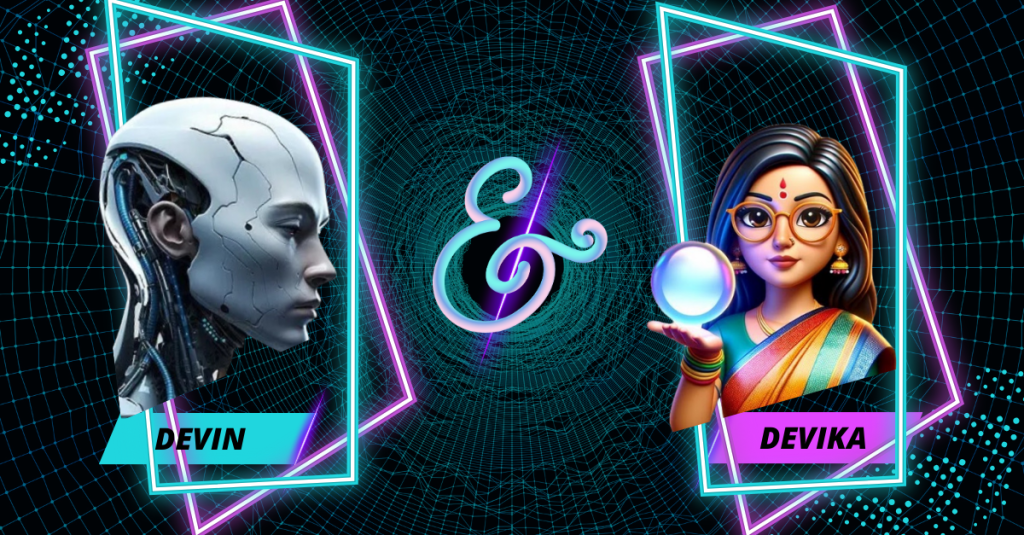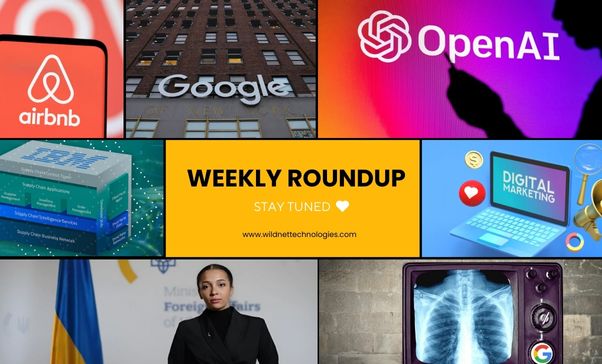The world is rushing towards AI integration, be it for businesses or individuals. Why? Because it helps you maintain that competitive edge and bring the extra sauce. AI is currently integrated in some form or another into smart devices, be they phones, watches, tablets, and more.
Hardware is being upgraded to match the computational requirements of AI via big names like Samsung, Qualcomm, NVIDIA, and more.
But no one is talking about the impact that AI will have on the OS or operating system.
Summary
Companies like HCLTech, Intel, and more have developed or are helping to develop AI-supportive hardware, and Apple just launched free ChatGPT with its latest iOS 18!
The only component of a PC that is missing the AI touch is the OS. Be ready for AI OS!
A few facts: AI
- The top AI PCs available right now cost between USD 1000 and 2400
- 77% of companies are using or will soon use AI
- 90% of organizations prefer AI to build and maintain their competitive edge
- AI is expected to add a whopping USD 15 trillion towards the global economy by 2030
- AI is expected to add a net 12 million jobs by 2025
- 77% of smart devices use AI in one form or another
- 88% of users are still unaware of the benefits of Gen-AI
What is an AI PC?
AI PCs are specially built devices used for handling complex tasks. They have powerful NPUs, or neural processing units; GPUs, or graphic processing units; and CPUs, or central processing units.
They can even have a dedicated button for AI, like the one for Microsoft’s Copilot. It can help prevent the hogging of cloud and internet resources to upload complicated computational problems and thus boost privacy and productivity (no more waiting)!
But the traditional or current OS will not cut it!
Why is the traditional OS unsuitable for AI PCs?
OS was basically used as a simple platform to help allow users to use various software. But now, the fine line between an app and an OS has blurred quite often! OS also allowed companies to charge a flat fee and prevented the usage of software designed for another OS.
This kind of short-term thinking and restrictions are not needed in the 21st century, as it is very static and limiting! Current digital scenarios focus on providing scalable and flexible models such as Pay-as-you-Go or Pay-as-you-Use which provide the option to save costs as well as scalability!
Now, either AI will become an OS itself or the OS will come along with AI enabling!
Benefits of AI OS
AI integration in an OS will be quite beneficial, and we are sharing the top benefits that came up.
1. Unprecedented Efficiency
- Streamlined daily tasks.
- Behaviour and habit learning and alignment.
- Savings in terms of time and energy.
2. Enhanced User Experience, or UX
Do you need a personal digital assistant who has been tailored to your preferences and choices? Amazon’s Alexa is a great example of this!
3. Improved Security
Worried about data theft, corruption, or hacking? With an AI OS that monitors threats in real-time, your system responds to threats in real time!
4. Cost-effectiveness
It allows the users to avail of the Plug-n-Play model, which not only boosts scalability but is easier on wallets, too! Long-term savings, Yo!
5. Newer Possibilities
AI OS allows the possibility of innovation in apps and software depending upon their usage analytics, as it takes away redundant tasks and leaves the developers to handle the impossible!.
6. OS-as-a-Service or OSaaS
This will help in building user loyalty to a particular provider via its features, costs, and efforts needed to switch to another provider..
7. Advanced Computational Skills
With AI OS, you can do complex computational tasks like astronomical problems, Bitcoin mining, and more.
8. Workspace Efficiency
Did you know that Google’s AI helped data centres reduce their cooling requirements, aka electricity bills, by 40%?
With AI OS, your employees will be free from redundant tasks and focus solely on the innovative ones, where they will also get advice from AI!
9. Enhanced Decision Making
Did you know that JP Morgan Chase uses AI to detect fraud by monitoring user behaviours and pinpointing any unusual behaviours?
Basically, any data-intensive work can be delegated to AI, helping to keep a keen eye on it!
10. Boosted Human-Computer Interaction
Normally, a computer is a machine that needs its buttons to be pushed to drive a result. While with AI OS, the interaction will be richer and more of a virtual assistant or friend!
In short, AI OS will be an accumulation of Siri, ChatGPT, Cortana, Alexa, and much more.
Potential Risks of AI OS
AI has made many people anxious as well, and their cause of concern is well established as well.
1. Privacy and Security
Do you remember the Facebook-Cambridge Analytica scandal, wherein personal details were used to drive political campaigns without the consent of the users?
Since AI OS dwells on being better by learning and adapting to user behaviours, it can very well be the cause of the next leak. But with the strictest data sharing and privacy laws, it can be curtailed!
2. Heavy reliance on AI decisions
Once the decisions start pouring in from the AI PC and they start proving effective, humans will start depending on AI more and more! For example, a wrong diagnosis by an AI can prove fatal.
3. Job Displacement
AI will take away redundant jobs, which is the goal of using it, but it will also create AI-related jobs! This means that the current workforce would need upskilling, accordingly.
4. Ethics and Biases
AI PCs have AI OS or AIs trained by humans using human data. This means that the trainers or the data can become the source of biases and ethically wrong judgements by the AI!
Thus, the AI needs to be kept under constant monitoring and updated in real-time whenever needed.
5. Complex Situations and Error Handling
Autonomous vehicles are going to be the next big thing! But sometimes on the road, situations are so bizarre that an AI might not be able to handle them. Thus, timely human intervention is always needed.
AI OS or AI will need real-time checks and updates to stay human-friendly! Just like a toddler needs the right mentor, however smart and capable they are!
The world needs AI to move further and become better. This will not be possible if the AI is not used on an exponential scale by users all around the globe. This also encourages industry leaders to keep their AI solutions in check, government bodies to develop AI laws, and users to exercise their right to choose what data to share with AIs!
We, at Wildnet Technologies, have been a leader in development solutions and AI enabling! We have had a great developmental experience over our 17+ year journey, wherein we catered to 400+ clients and developed 2100+ projects using our 350+ in-house resources and 8000+ deployed resources! Thus, we would be the best digital partner for your AI needs, be it via our Design & Development or the Software Consulting services!
If you would like to learn more,
- Devin & Devika: The World’s First AI Software Engineers
- Importance of App Maintenance and Updates
- Wildnet’s Digital Yum (our weekly newsletter)
Reach out to us at info@wildnettechnologies.com and rake in the AI benefits!
FAQs
Q1: Which OS is best for AI development?
Ans: Linus OS is the best for AI development because it is open-source, which promotes innovation the most!
Q2: Can an AI build an OS for itself?
Ans: Logically, yes, given that you have an advanced AI. But even then, AI will start off on an OS and build itself up to a stage to develop it.
Q3. How can Wildnet help with AI enabling?
Ans. With 17+ years of experience, Wildnet can help you in two ways:
- either design and develop a new solution altogether via our Design and Development services or
- suggest the best possible AI-enabled solution and help you by building & transitioning into it via our Software Consulting services!
Q4. Can I keep using AI without upgrading the OS?
Ans. Yes, but the hardware and software requirements to properly run this would catch up and make your system slower and slower!
Q5. Can we do Bitcoin mining with AI PCs and AI OS?
Ans. Yes, an AI-enabled PC with an apt AI OS will help overcome the computational challenges in Bitcoin mining.






